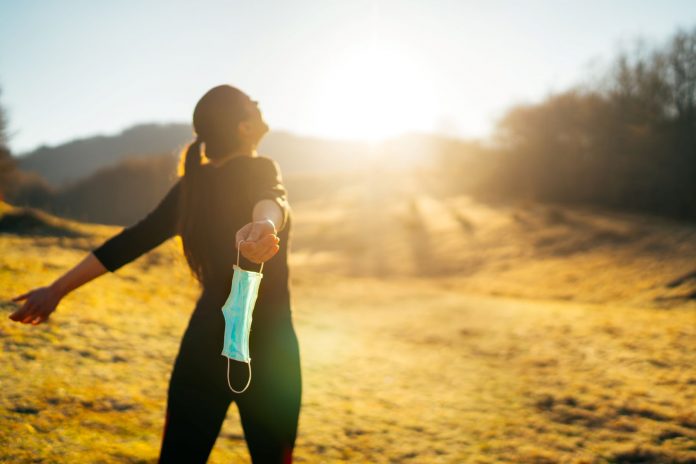Hope abounds as the New Year dawns.
2021 was rough for many, with families and friends being separated, the costs of houses and rent rocketing and businesses affected by staff shortages and consumers’ push further into online marketplaces.
But for so many, 2022 holds possibilities for something better – eased border restrictions, shorter COVID-19 isolation times and learning to live with the virus will bed down.
We will also have the chance to choose whom we want to make our laws and dictate our ways, with a Federal election looming.
Holding onto hope can make a massive difference to us all, because it turns out that hope floats.
A famous (and now considered abjectly cruel) experiment by US scientist Dr Carl Richter in the 1950s demonstrated it and the work changed the way hope is factored into all manner of things, including public messaging, education and approaches to treatment of the very ill.
Richter placed rats into buckets of swirling water and timed how long it took until they drowned. Even though they are renowned for being good swimmers, the rats lasted an average of 15 minutes before giving up and sinking. But in a second experiment, Richter fished out the rats when he saw them struggling, dried them off and gave them a little rest.
He then put them back into the water – and this is where the breakthrough behavioural change happened. The rescued rats swam for up to 60 hours. Extraordinary.
Psychologists often cite this experiment as evidence of the power of hope, that our perspective can have incredibly powerful effects on our will, our attitude and our abilities.
When we are hopeful that our circumstances are temporary and change is possible, we can achieve wonderful things.
Hope can be the factor that changes an outcome and even makes the difference between living and dying.
Holocaust survivor Viktor Frankl wrote about the power of hope in Man’s Search for Meaning – a book I have enjoyed this summer. He noted that life has meaning even in the context of despair, and the way prisoners imagined the future had an effect on their prospects of survival.
Help keep independent and fair Sunshine Coast news and opinion coming by subscribing to our free daily news feed. All it requires is your name and email. See SUBSCRIBE at the top of this article
We can thank the vaccine for giving us some hope and for helping our lives return to something approaching normal, drastically reducing hospitalisations and deaths.
Queensland senator Matt Canavan said last week that the coronavirus killed just over 3 per cent of Australians who got the disease in 2020, but in 2021 as immunisations were administered that figure was just 0.6 per cent. And since the coming of Omicron, Covid-19 has killed just 0.3 per cent of infected people.
The experts say we will probably all get it in 2022. As I line up for my booster soon, I will hope for the best because I trust my body to fight and the science and technology that has gone into the drug that builds up our defences.
Survival in ingrained in us and we know that survival demands struggle. We have all certainly known struggle in 2021.
In my mind, hope stands for Hold On, Pain Ends.
Stay hopeful, Sunshine Coasters. Better things are to come in 2022.
Jane Stephens is a USC journalism lecturer, media commentator and writer. The views expressed are her own.





